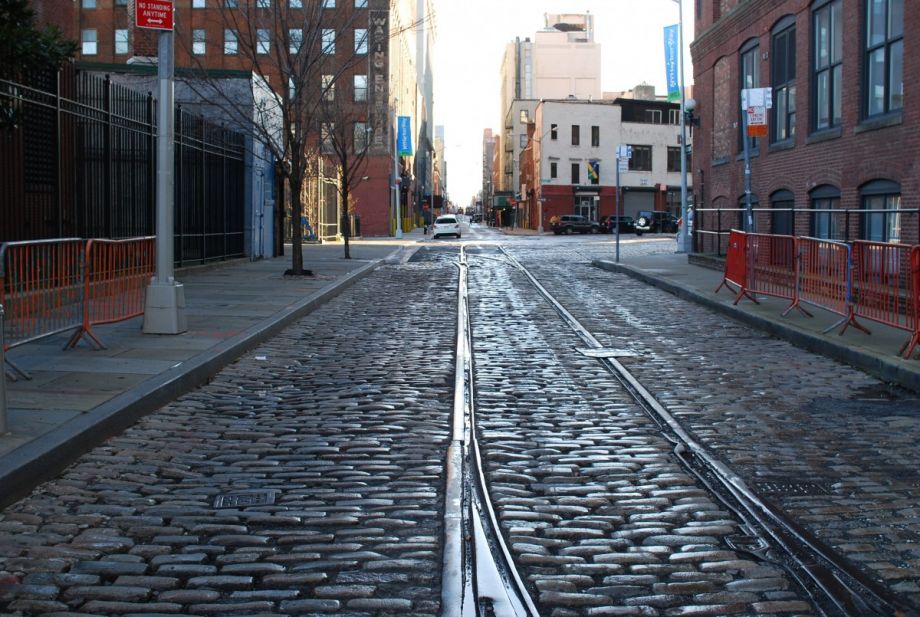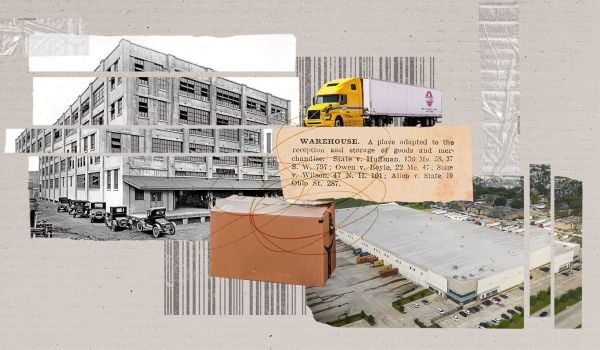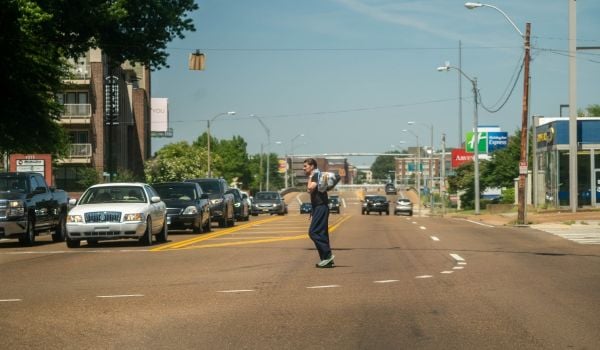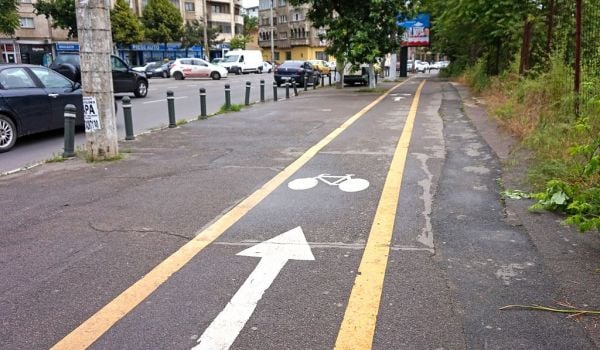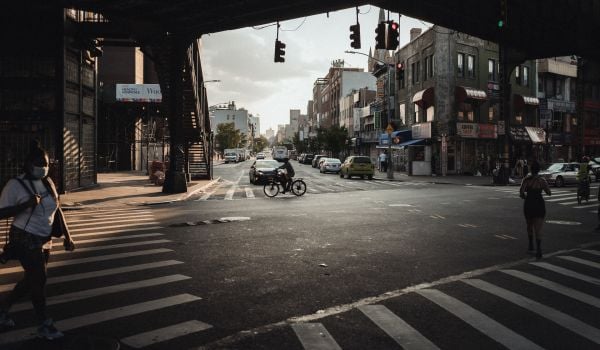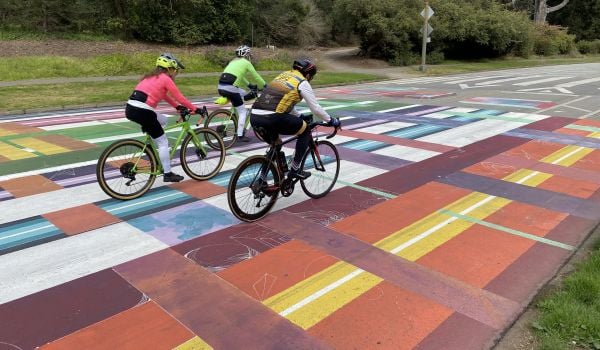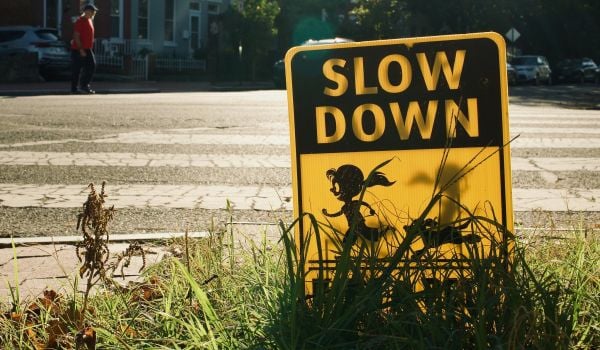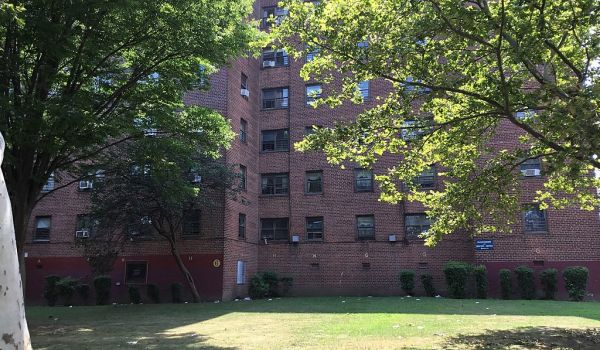Brooklyn’s Dumbo neighborhood is characterized by historic Belgian block pavement, a pretty latticework of rectangular, granite stones. Unfortunately, that pavement is also uneven — full of cracks and sharp edges — and slippery when wet, meaning that it doesn’t meet current accessibility standards and will likely need to be removed, a study from the Historic Districts Council (HDC) released Saturday concludes.
The report was inspired by “a botched rehab job” along one of the neighborhood’s cobblestone streets, according to Crain’s New York. The council found that roadbeds could be repaved with the original stones, but that crosswalks and sidewalks needed to be smoother.
The city, however, says they have no plans to disappear Belgian blocks from Dumbo entirely. “The city will be in large part restoring Belgian block components of the street,” Scott Gastel, a spokesperson for NYC DOT, said in a statement. “In areas requiring ADA upgrades, we plan to incorporate the Belgian block structure into the accessible sidewalk components as best we can.”
Several other New York neighborhoods have tried to repave with historic Belgian blocks, but those efforts haven’t always been successful. One Tribeca crosswalk reconstructed in 2011 features an unusual curb cutout of sorts built with the historic blocks. The report called the attempt a “laudable effort to resolve accessibility challenges,” but noted that the crossing still doesn’t meet ADA standards.
Planners in San Francisco have reached similar conclusions with Market Street’s wide, brick sidewalk installed 40 years ago. The bricks are now showing their age — they’re slippery when wet, uneven and full of gaps. “If we were approving the sidewalk today, we would not allow that width of joints,” says Simon Bertrang, a San Francisco Public Works project manager. And last year, the city of Edinburgh, Scotland, also set aside funding ($1.4 million in U.S. dollars) to repair crumbling cobbles.
New Yorkers fond of historic streets can take some comfort in the HDC study, which points out that not all cobblestone streets are created equal.
Whether federal accessibility guidelines can be met through historic streetscape materials “depends largely on the properties of the historic unit pavers,” according to the report. So-called “Manhattan standard” blocks, which date from 1912 to 1938, are most common throughout the city. The blocks found in Dumbo were used primarily in the 1870s, and are longer and less regular, featuring rounded tops and wider joints between blocks. The later Manhattan standards are more likely to comply with regulations.
UPDATE: This story was updated to include a statement from NYC DOT.

Rachel Dovey is an award-winning freelance writer and former USC Annenberg fellow living at the northern tip of California’s Bay Area. She writes about infrastructure, water and climate change and has been published by Bust, Wired, Paste, SF Weekly, the East Bay Express and the North Bay Bohemian
Follow Rachel .(JavaScript must be enabled to view this email address)

